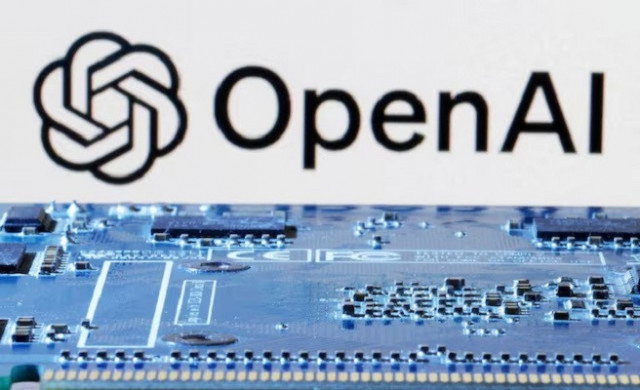OpenAI CEO Sam Altman has warned that users who share personal or emotional content in ChatGPT conversations should proceed carefully.
Unlike discussions with licensed professionals, such as therapists, doctors, or lawyers, chats with AI do not receive legal confidentiality or privilege.
If a legal case arises, those conversations could be produced in court.
Altman’s caution comes as many users increasingly rely on ChatGPT for relationship advice, mental health support, or life guidance, especially younger people.
He emphasized that these uses feel intimate, but currently lack any legal protections under existing frameworks.
He also noted broader privacy concerns. OpenAI is appealing a court ruling tied to The New York Times lawsuit, which requires the retention of user chat histories, even those deleted, except for Enterprise accounts. This policy change may set a precedent affecting the data rights of all users.
Altman described the privacy and legal gaps in AI chats as a significant issue, calling for urgent development of new rules and standards to safeguard sensitive interactions with these platforms.

